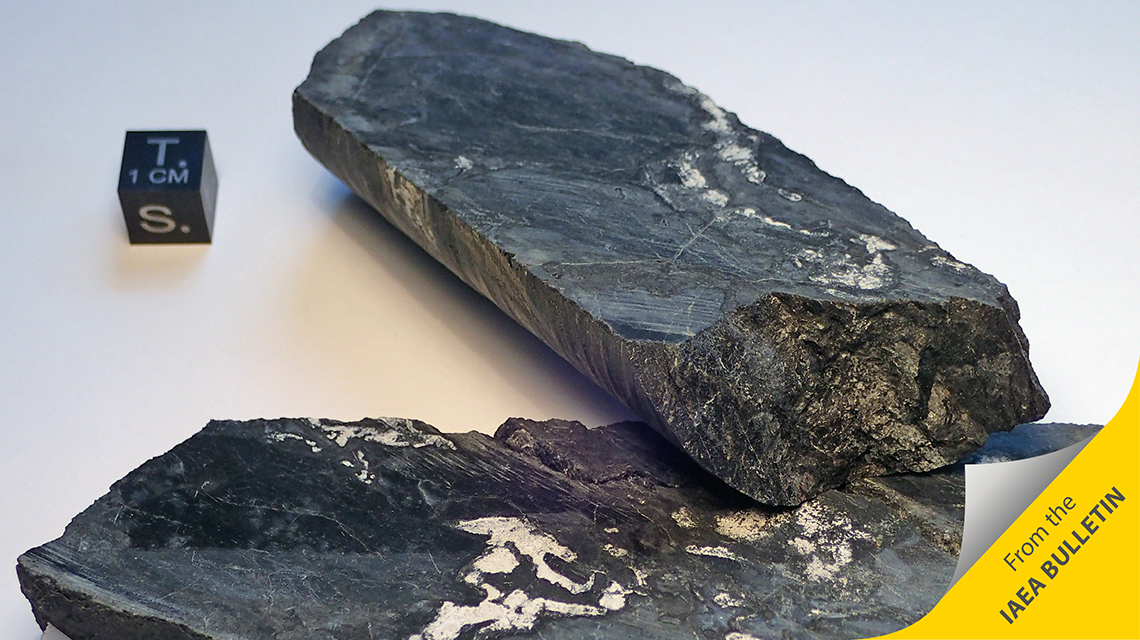Maxperson
Morkus from Orkus
Not arbitrary at all. I can show you sticks that have just broken without any living force being applied to it. Can you show me a stick that has sharpened itself on a rock?"sharpens it on a rock to make it artificial". "Just a broken stick".
These are arbitrary, entirely subjective places to draw the line.
But not in an unnatural way. A broken stick is a broken stick. A sharpened stick is different. One occurs by itself in nature and one exists if some intelligent being sharpens it.Breaking off a side branch to, say, allow it to fit down an ant hole more easily is still altering it for a purpose.
Right. We are not the only living things on the planets that make artificial tools. The definitions for artificial/unnatural come from a very self-centered species that used to think we were the only creatures that used tools and many of us still believe that we are the only intelligent life in the universe. We're not even the only intelligent life on this planet.Max is saying it doesn't have to be a person. Honeycombs made by the bees, beaver dams, etc.
The human centric definitions have to change. That or some third category needs to be created and added for those species that aren't human, yet do things that would cause something to be unnatural or an artifact if humans did it. I think the latter is unnecessary since the current definitions fit fine if expanded beyond being human centric.




